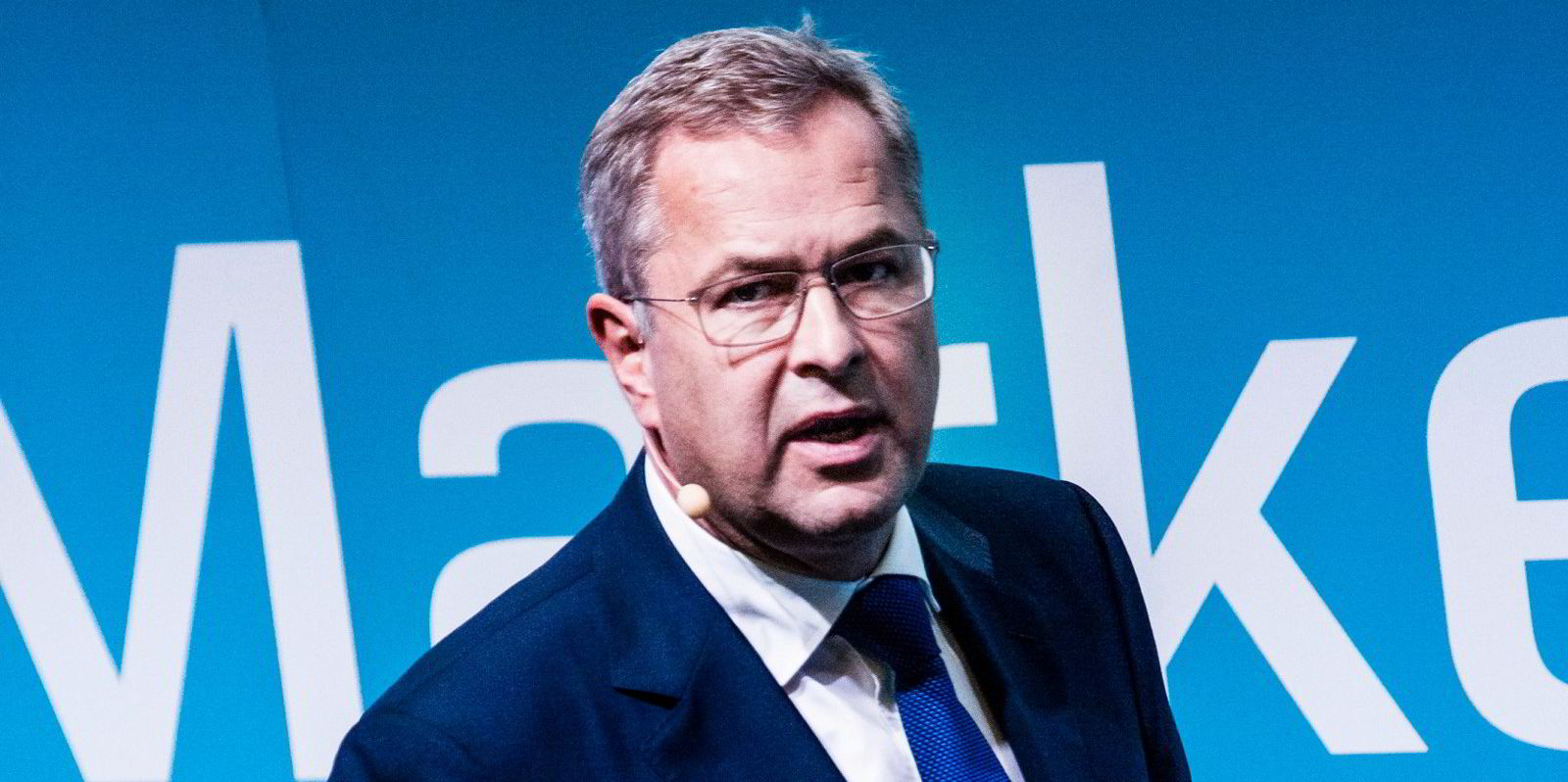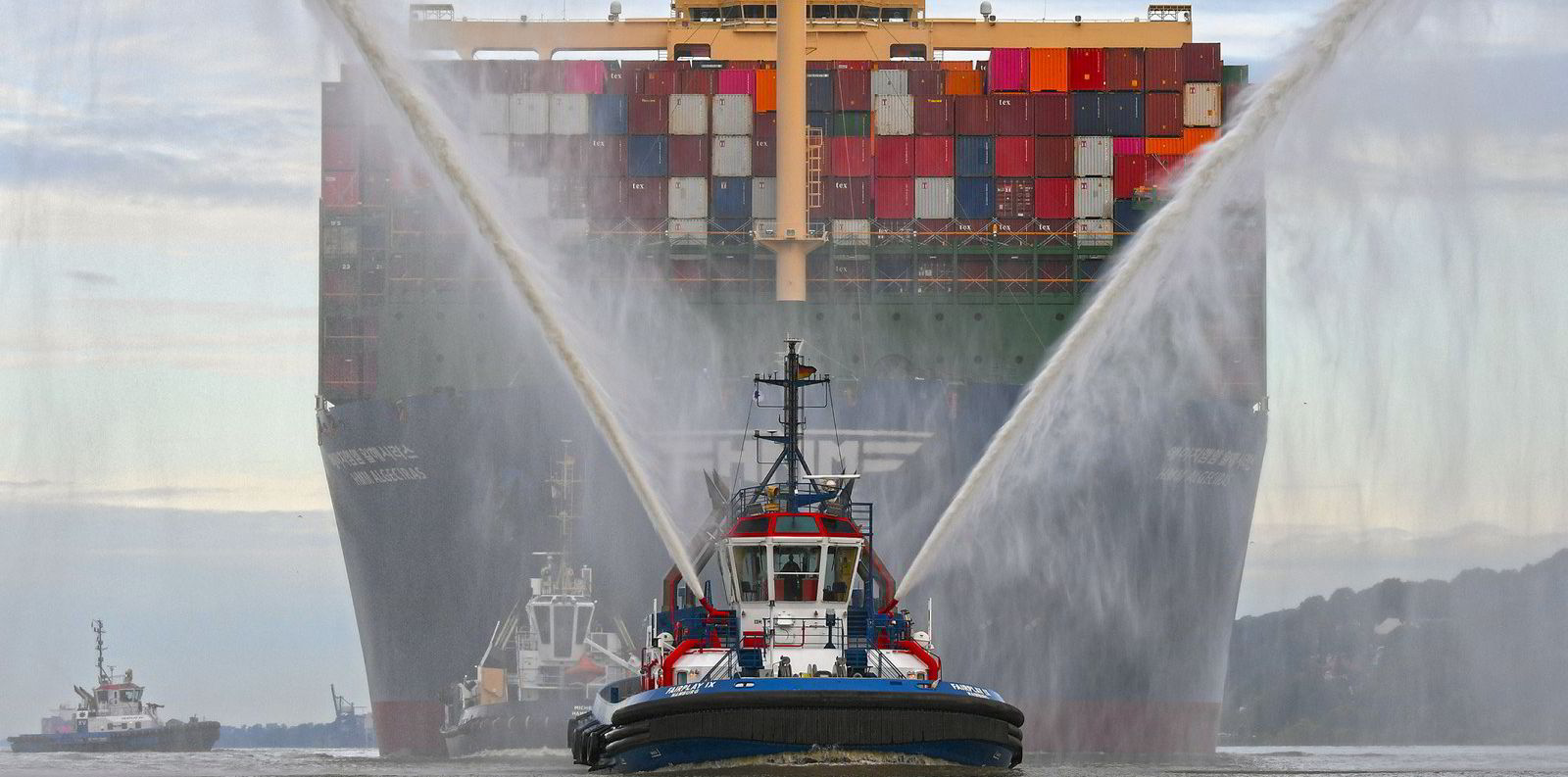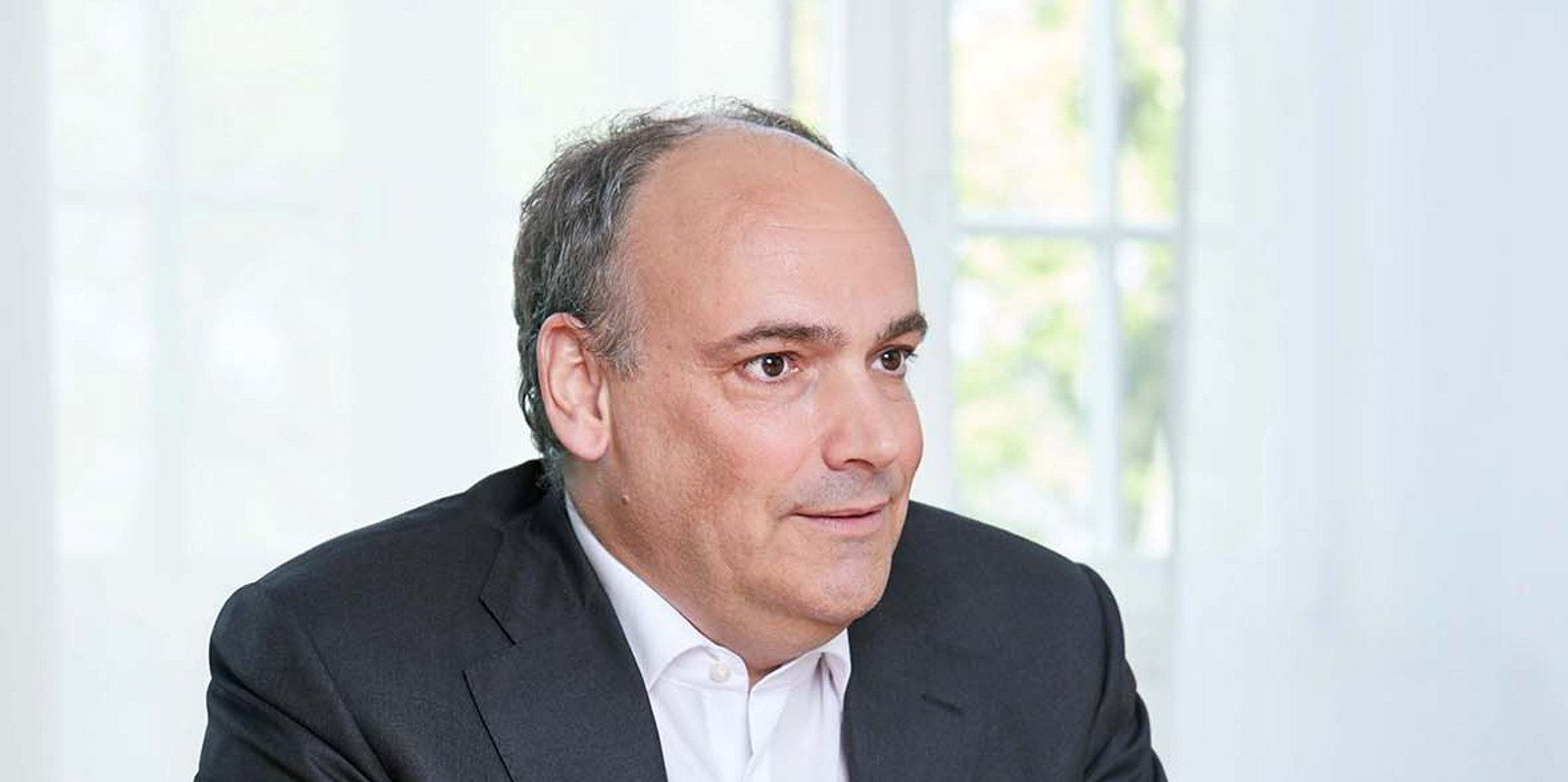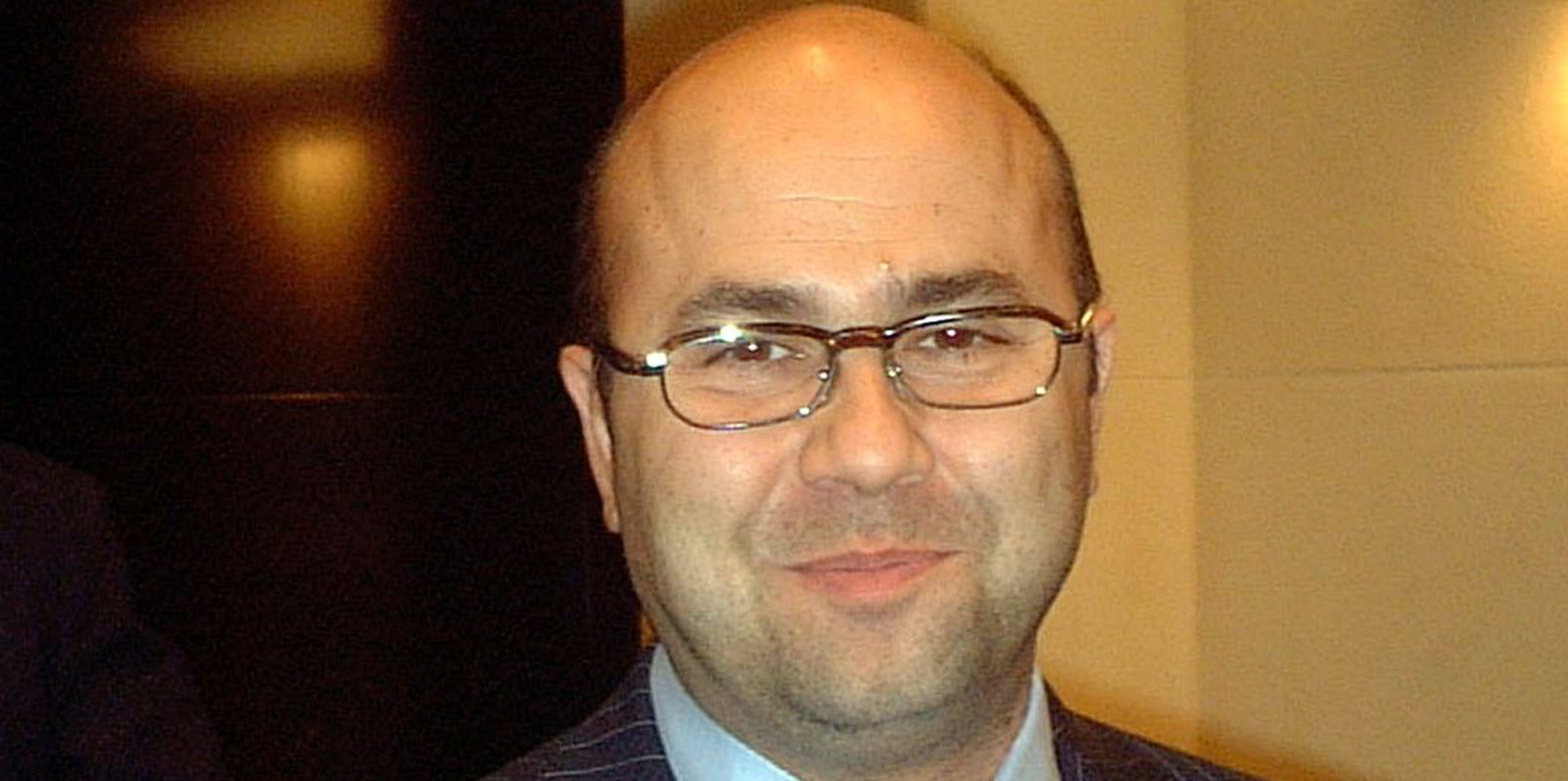AP Moller-Maersk has warned that earnings this year could be $1.5bn less than forecast as the surging container market returns to normal.
The Danish container shipping giant issued a new Ebitda forecast of between $8.5bn and $10.5bn for 2021, with the lower end significantly below consensus estimates.
“Given the current exceptional situation where demand surge has led to bottlenecks in supply chains and equipment shortage, the first quarter of 2021 is expected to be stronger than the fourth quarter of 2020,” Maersk said.
But depending on demand patterns caused by the Covid-19 pandemic, the container shipping market is expected to normalise later this year, the Copenhagen-listed company added.
“The tailwinds in the fourth quarter have continued in the first quarter,” chief executive Soren Skou said in an earnings call.
“Whether demand stays strong once the world is reopening remains to be seen,” he said.
Analysts remain concerned
Even if freight rates fall this year, Maersk still expects to report a better profit in 2021 than in any of the past three years.
But it has issued a wide earnings spectrum in its forecast due to the volatility and uncertainty linked to the pandemic.
Some analysts now doubt Maersk’s ability to hit the high end of its earnings projection, which they say depends on what happens to freight rates.
The company is seeking to grow its capacity in line with the market at between 3% to 5% in 2021, with the highest growth seen in the first half of the year.
But this too is lower growth than expected and could reflect difficulties in adding ship capacity, according to Clarkson Platou Securities.
“Maersk said utilisation on the deployed capacity was at a record 96% in 4Q20 which means there is little room to grow volumes from their current fleet,” the analyst said.
It added the full year guidance is lower than consensus expectations of excess of $10bn, and lower than its own forecast of $10.8bn.
The fourth quarter 2020 Ebitda of $2.7bn was also below consensus of $3bn, said the investment banking arm of shipbroker Clarksons.
“Although the company is known to be conservative in their guidance, the message is clear and this report is therefore likely to be viewed as negative,” Clarksons Platou said.
Maersk’s freight rate expectations in the coming year could prove lofty, added Fearnley Securities.
The investment warned that contract renewals could drag out which would result in lower improvements than what the spot rates would suggest.
“We see headwinds on the cost side through surging charter rates and a shortage of boxes, especially in the East,” the analyst said. Logistical challenges could also present a risk to volumes, it noted.

Jefferies noted that the earnings consensus for the coming year assumes 5% higher freight rates.
But freight contracts are expected to be 30% to 50% higher and spot rates are still more than double the average of 2020, the bank said.
Record quarterly results
Maersk notched up record quarterly results in the fourth quarter of 2020, with an 85% increase in Ebitda rising to $2.7bn.
That was primarily due to its ocean division which saw earnings increase by 96% to $2.2bn, compared with $1.1bn in the previous year. The increase was driven by higher freight rates and bunker cost reductions.
Despite low volumes during most of 2020, profitability grew throughout the first nine months, he added.
Maersk group, comprising ocean, logistics & services, terminals and towage, reported an increase in Ebitda in 2020 to $8.2bn, compared with $5.7bn in the previous year.
Revenue grew to $39.7bn over the period, compared to $38.9bn last year.
The demand surge in the second half of year created supply chain bottlenecks, including vessel and container shortage, leading to higher rates that contributed approximately $1.5bn to results.
The ocean shipping segment further improved its performance by focusing on costs, agile capacity management and launching new digital offerings.
“We have accelerated our transformation and delivered earnings growth during every quarter of 2020, despite very different market conditions, beginning with negative Covid-19 impact in the first half to a rebound in Q4,” said Skou.
Free cash-flow improved over the full year to $4.6bn from $2.3bn, leading to a $2.5bn reduction of net debt and $1.3bn returns to shareholders.
“Financially, we left 2020 with a very strong balance sheet and little debt, which will allow us to continue to invest in our transformation and grow profitably,” said Skou.
“We are well equipped to deal with the ongoing market volatility and also to benefit from a world that hopefully starts to reopen.”







